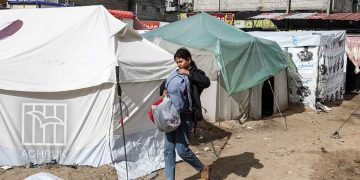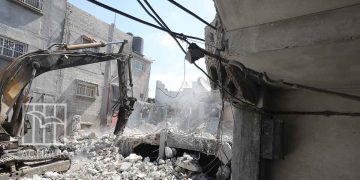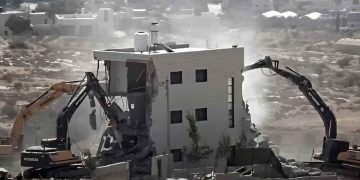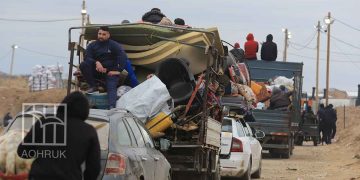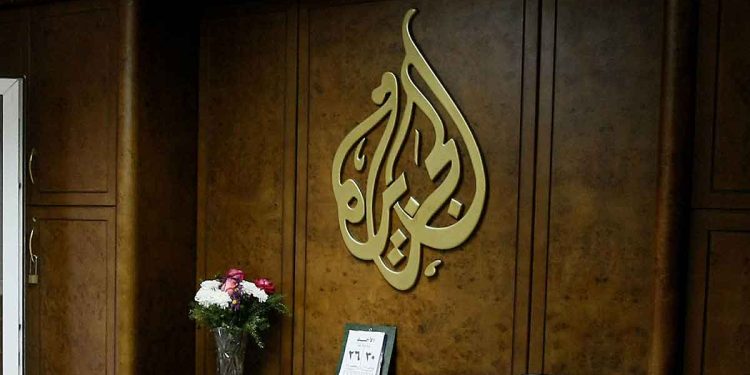On Saturday, January 15, 2022, Sudanese authorities have withdrawn the broadcast licence of Al Jazeera Mubashir and revoked the accreditation of two of its journalists in the country.
Sudan’s ministry of culture and information Nasr El-Din Ahmed said in a statement that the decision was taken in response to the channel’s “unprofessional conduct”.
He further said the channel’s coverage took aim at the “social fabric of the country by airing content contrary to the ethics of the profession and the mores and customs of Sudanese people”.
“[This] has harmed the country’s highest interests and its national security … It indicates a violation of the terms under which a licence was granted.”
The Qatar-based media network condemned the decision as “an interference with its duty to convey fair and objective coverage of events in the country and to allow its journalists to operate unhindered and to practise their profession.”
“The Network views this as an attack on press freedom as a whole and calls on international human rights and media organisations to condemn this infringement of journalists’ safety,” it said.
Sudanese Journalists Network Condemns the Decision
The Sudanese Journalists Network strongly condemned the authorities’ decision to withdraws licence of Al Jazeera Mubashir as an attack on freedom of press.
“This is a criminal behaviour that came in total contradiction to the international conventions on freedom of expression and the freedom of press.”
The decision was preceded by serious violations against journalists and media crews in Sudan, including physical and verbal attacks, arrests, summons, storming of media headquarters, mass looting and destruction of media equipment, the Network added.
This confirms that the attacks are systematic operations aimed at suppressing freedom of the press in Sudan, it further said.
Since 25 October, Sudan has been suffering a profound crisis, after the Commander-in-Chief of the armed forces, Abdel Fattah al-Burhan, dissolved the Sovereign Council and declared a state of emergency.
Numerous ministers and governors were dismissed, and a number of party leaders and officials were arrested. Protests began immediately, in response to what many viewed as a “military coup”.

